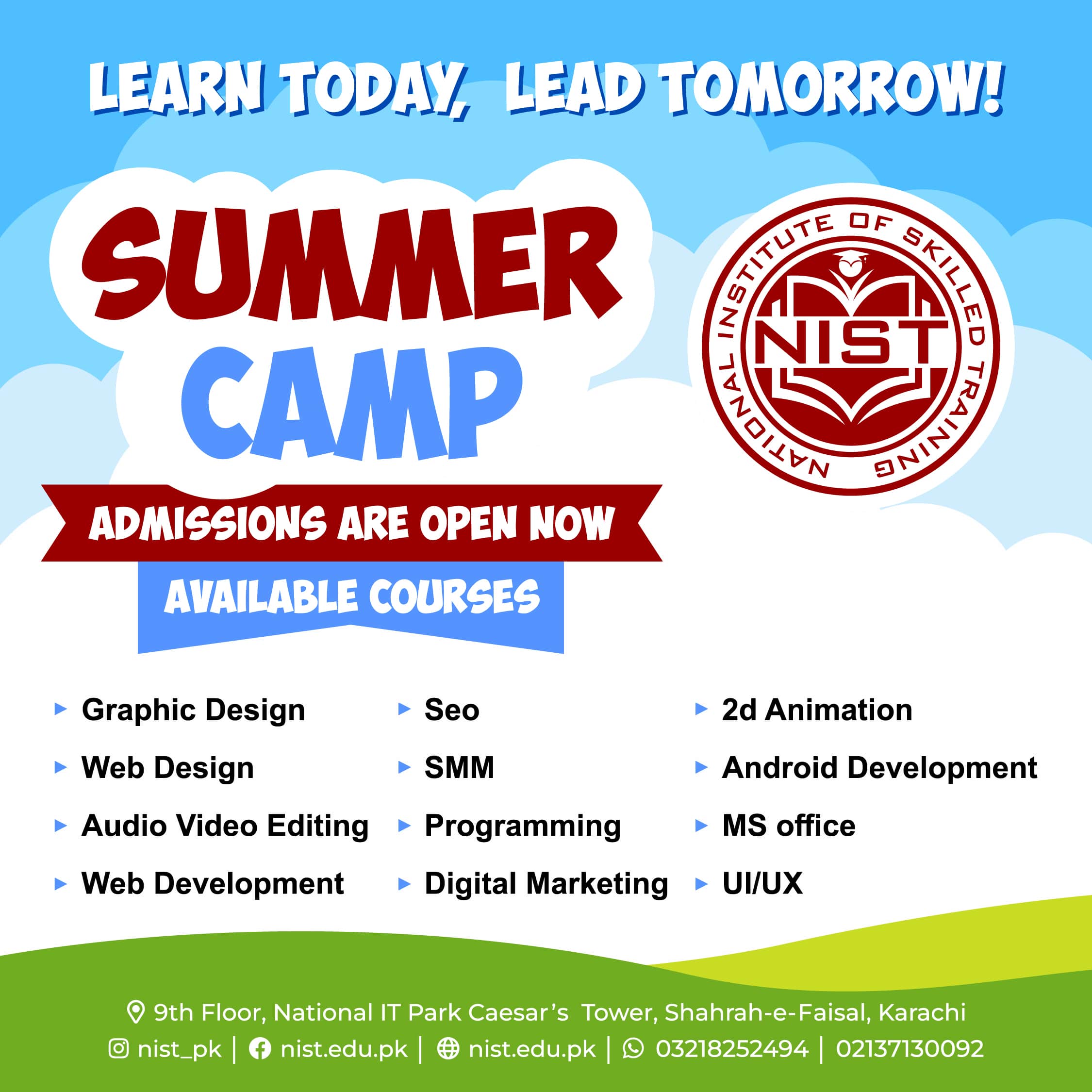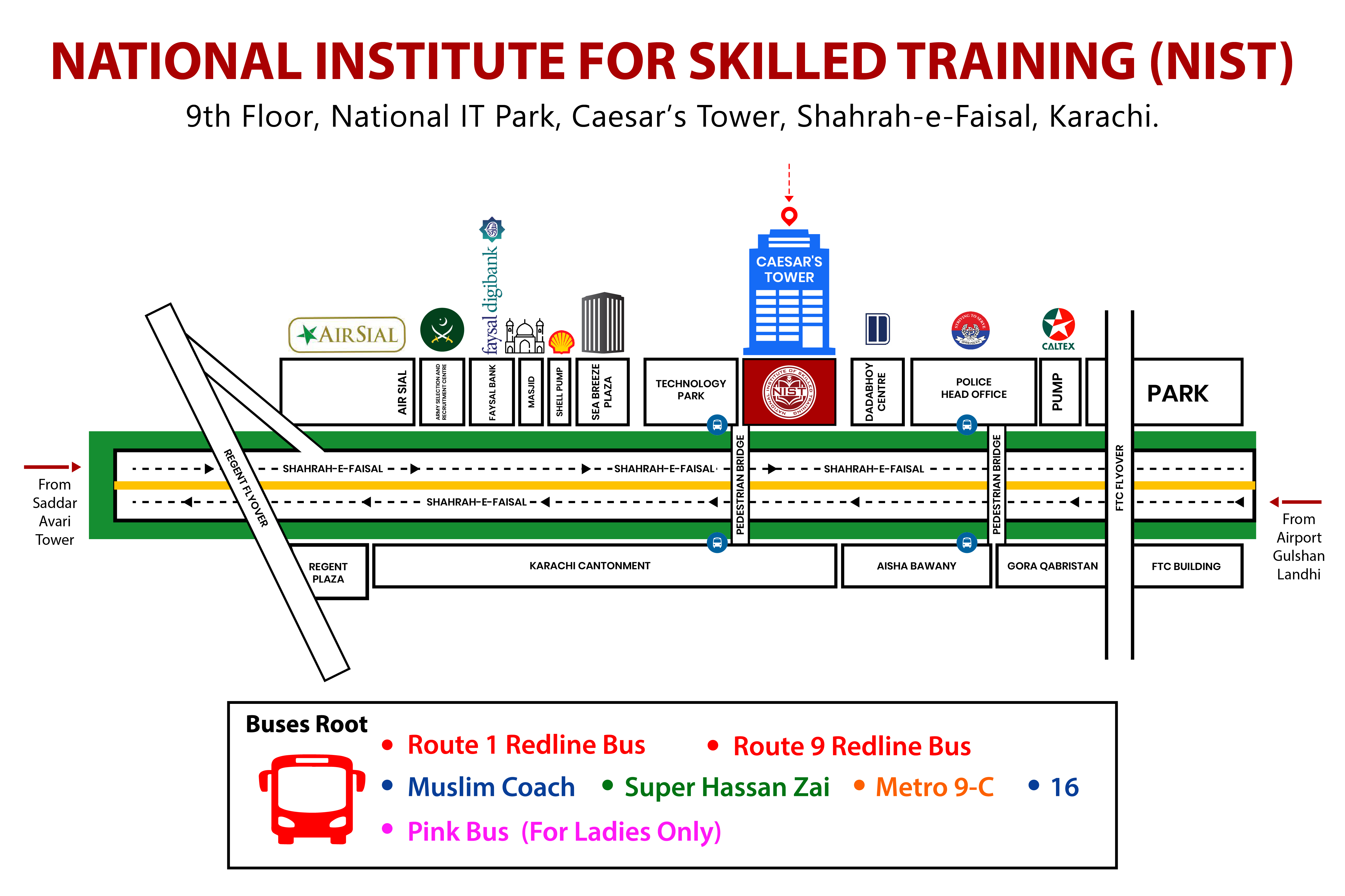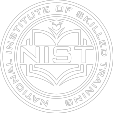In the rapidly evolving digital landscape, organizations are increasingly recognizing the importance of digital transformation. This process involves integrating digital technology into all areas of a business, fundamentally changing how it operates and delivers value to customers. However, the success of digital transformation initiatives hinges not only on technology but also significantly on the skills and capabilities of the workforce. This is where IT training becomes crucial. In this blog, we will explore the impact of IT training on digital transformation, highlighting its necessity, benefits, and best practices
Understanding Digital Transformation
Digital transformation is more than just adopting new technologies; it is a cultural shift that requires organizations to rethink their operations and customer interactions. It encompasses various aspects, including:
- Process Automation: Streamlining operations through automation to enhance efficiency.
- Decision Making Based on Data Insights: Leveraging data analytics to guide strategic decision-making.
- Enhanced Customer Experience: Leveraging technology to improve customer interactions and satisfaction.
- Agility and Innovation: Fostering a culture that embraces change and encourages innovation.
For digital transformation to be successful, organizations must ensure that their employees are equipped with the necessary skills to navigate this new landscape.
The Role of IT Training
IT training is essential for empowering employees with the skills needed to effectively use new technologies and adapt to changing business environments. Here are some key reasons why IT training is vital for digital transformation:
Bridging the Skills Gap
As organizations adopt advanced technologies, there is often a significant skills gap among employees. IT training helps bridge this gap by providing employees with the knowledge and skills required to utilize new tools and systems effectively. Without proper training, even the most sophisticated technology can go underutilized, leading to wasted investments.
Enhancing Employee Productivity
Well-trained employees are more productive and efficient. IT training equips them with the skills to perform their tasks more effectively, reducing the time spent on troubleshooting and increasing overall output. This boost in productivity is crucial for organizations aiming to stay competitive in a digital-first world.
Fostering Innovation
Training programs that encourage creative thinking and problem-solving can lead to innovative solutions and improvements in processes. When employees feel confident in their skills, they are more likely to experiment with new ideas and technologies, driving innovation within the organization.
Improving Employee Morale and Retention
Investing in IT training demonstrates to employees that the organization values their development. This investment can lead to higher job satisfaction, improved morale, and increased employee retention. When employees feel supported in their professional growth, they are more likely to remain loyal to the organization.
Best Practices for IT Training
To maximize the impact of IT training on digital transformation, organizations should consider the following best practices:
Assess Training Needs
Before implementing training programs, organizations should conduct a thorough assessment of their employees’ current skills and identify gaps that need to be addressed. This assessment will help tailor training initiatives to meet specific needs.
Offer a Variety of Training Formats
Different employees have different learning preferences. Offering a mix of training formats such as online courses, workshops, and hands-on training can cater to diverse learning styles and enhance engagement.
Foster a Culture of Continuous Learning
Digital transformation is an ongoing process, and so should be the training. Organizations should encourage a culture of continuous learning, where employees are motivated to update their skills regularly and stay abreast of technological advancements.
Measure Training Effectiveness
Organizations should implement metrics to assess the effectiveness of training programs and evaluate their impact. This could include tracking employee performance, productivity levels, and overall satisfaction with the training received.
NIST Provides the Best IT Training in Karachi
The National Institute of Skilled Training (NIST) stands out as a premier destination for IT training in Karachi, offering a comprehensive range of courses designed to equip students with the skills necessary for success in the digital age. With a focus on practical learning and real-world applications, NIST ensures that its curriculum is aligned with industry demands, making it an ideal choice for aspiring IT professionals.
NIST offers a variety of IT courses, including web development, software development, graphic designing, and digital marketing. Each program is meticulously crafted to cover essential topics, from foundational concepts to advanced techniques. Students engage in hands-on projects that allow them to apply their knowledge in practical scenarios, thereby enhancing their learning experience and preparing them for the workforce.
One of the key advantages of training at NIST is the emphasis on career growth. The institute not only provides technical skills but also focuses on developing soft skills that are crucial in today’s job market. This holistic approach ensures that graduates are well-rounded and ready to meet the challenges of their respective fields.
Moreover, NIST frequently offer internships and job placement opportunities, further bridging the gap between education and employment. This commitment to student success has earned NIST a reputation as one of the best IT training institutes in Karachi.
Whether you’re interested in web development, graphic designing, or digital marketing, NIST offers hands-on training that prepares you for real-world challenges. With experienced instructors, state-of-the-art facilities, and a curriculum aligned with industry standards, you’ll gain the expertise necessary to stand out to employers.
Summary:
As organizations navigate the complexities of the digital age, investing in employee training is essential for unlocking the full potential of technology. By bridging the skills gap, enhancing productivity, fostering innovation, and improving employee morale, IT training serves as a critical enabler of successful digital transformation initiatives.



















